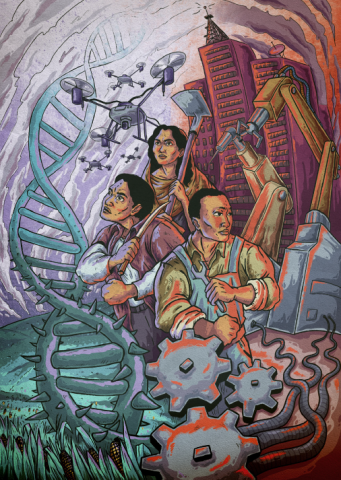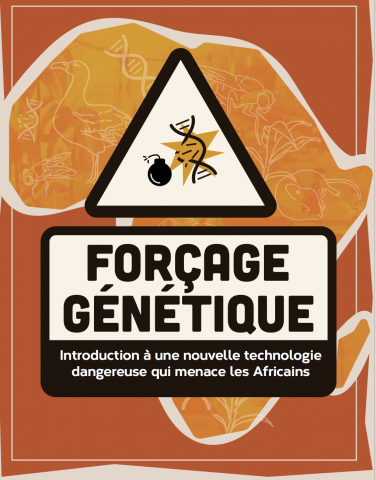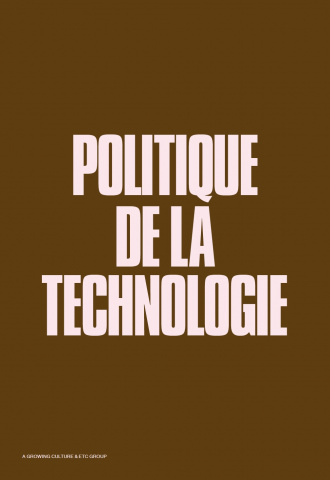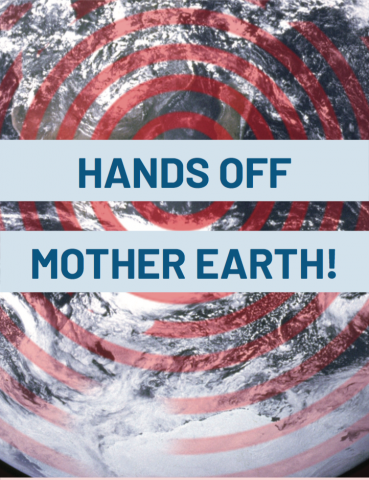Évaluation de la technologie
International efforts to address the food, energy and climate crises tend to regard technology as an important part of the solution. This optimism about technology also prevails in debates around the Green Economy and international environmental governance. And of course technology does hold some potential solutions to some important problems. However, two decades of accelerating technological development and deployment, in the context of massive trade and investment liberalization, has left the globe in far worse straits than it was when the very concept of sustainable development was in its infancy. And now, it is time for a technological re-think. New high-risk technologies, ranging from the very small (synthetic biology, nanotechnology) to the very large (geoengineering), are rapidly developing. Their promoters promise that they hold the keys to solving climate change, world hunger, energy shortages and biodiversity loss and the precautionary principle and social and economic impacts are often ignored in the rush to deploy the latest technofix.






